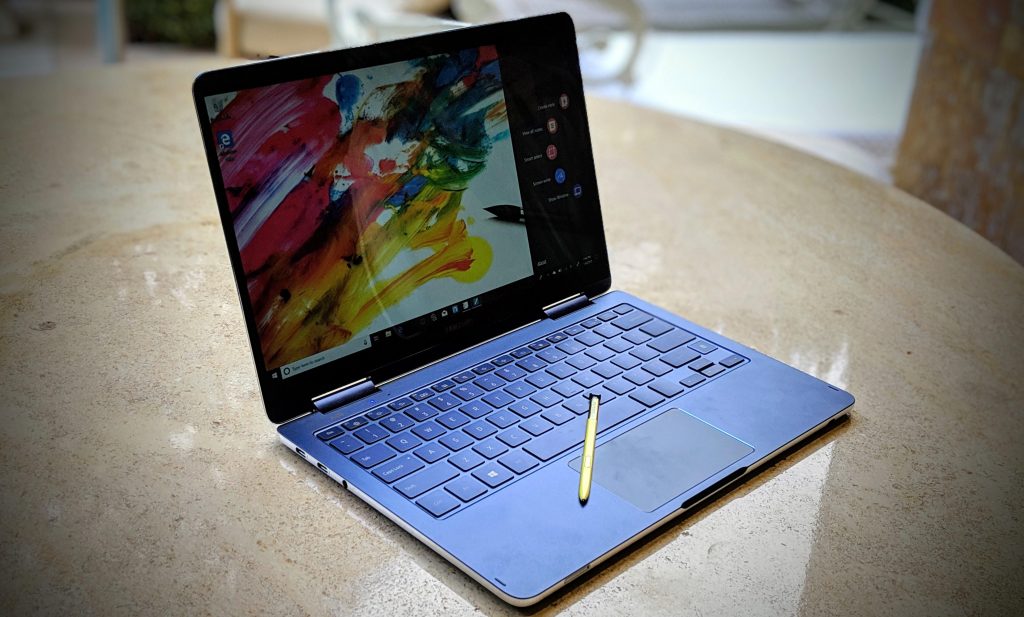
Technology development is very rapid. At some point, our devices will wear out soon and become slower. Older hardware won’t keep up and everyone will be forced to upgrade. This is no problem with people having huge amount of fortune but how about the ones who cannot afford such expenses?
This article will give you some useful tips to boost your device’s performance and get the most out of it.
Uninstall Unnecessary Software
Over time, our devices get loaded with lots of different applications or software. These apps even if you’re not using, still eat up system resources and leads to a slower performance. To help our device perform better, you need to know which programs are required for your computer to run properly first and which can be discarded. Then, you may remove those unnecessary application and delete related files or caches. You can also remove some bloatwares or those pre-installed applications when you first bought your computer. One of the reasons those applications slow down our devices is because they often start up automatically when our devices boot up. So, start looking for those apps that you don’t use anymore and free up some space!
Limit Startup Programs
As I mentioned before, some applications run automatically when we boot up our device. Examples are Spotify, Discord, Slack, Steam, etc. Some system processes needed for our device to run properly also run automatically during boot up (and we shouldn’t tamper with it ’cause it might lead to some big problems). Although it’s okay to have these run automatically during startup , it must be limited only depending on the processing power of the device. High-end systems may allow large number of startup applications, but a potato PC? I think not.
The easiest way to change and limit startup applications is by using Task Manager. It will list all the applications that automatically run during startup as well its startup impact. This may guide you on deciding what application will run and what won’t run during startup.
Check for Viruses and Malwares
We all know that computer viruses are such a big headache. It’s almost impossible not to pick up a virus at some point while browsing the web especially when you are just carelessly clicking links and visiting malicious websites. When a computer is infected with virus, it tends to slow down or freeze. What’s worst to happen? A severe and total damage that may cause your computer to not function anymore. So, to prevent these to happen, you must regularly check for viruses and malware inside your device and quickly remove them. Some antivirus software offer advanced protection but it comes with a price. On the other hand, there are free software that offer the same but not advanced feature. A little research can help you find the software that works within your budget or with your specific type of operating system.
Use Disk Cleanup and Defragmentation
Over time, every computer gets loaded with large number of files and programs that haven’t been used in a while. The Disk Cleanup tool will allow you to find which applications and files can be deleted from your device, freeing up storage for the programs that you will use in the future. You should also check disk defragmentation which will allow you to be aware of how much hard-drive space you have. Windows has an Optimize Drives tool, which you can access and use. There are also a number of third-party programs that can be helpful in clearing out files that you don’t use anymore.
Hardware Upgrades
If the above tips still doesn’t help your slowing device, I think this is the time to do some hardware upgrades.
When you want better performance, a startup solid-state drive (SSD) can go a long way toward taking some of the pressure off the processor when your computer boots up. If you tend to run a number of applications at one time or use photo and video editing software, then a startup drive can go a long way toward making these programs run smoother and load faster. There are cheap SSD’s in the market depending on the storage, read/write speed and brand name as well. You can find a number of SSD options that work within your budget depending on how you use your PC.
You can also add more RAM to your PC. Increasing RAM memory has been a tried-and-true way to speed up devices for years. Again, you can find number of RAM options that will work within your budget depending on your needs. But first, you must check for its compatibility before buying one.
The mentioned tips here may not be complete. There are other ways to speed up your device’s performance. Do you know some? Feel free to comment!
Sources:
https://www.hp.com/us-en/shop/tech-takes/7-ways-to-improve-computer-performance
https://www.pcmag.com/how-to/12-tips-to-speed-up-windows-10
